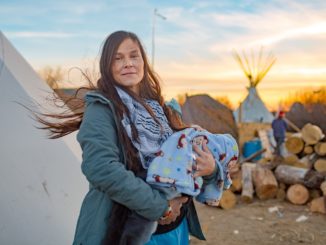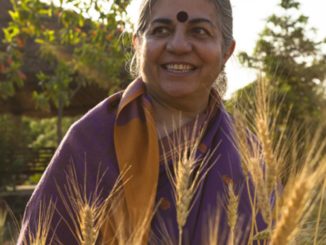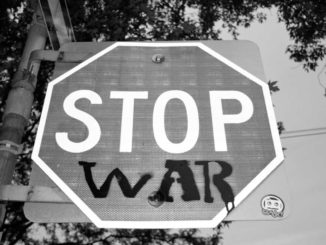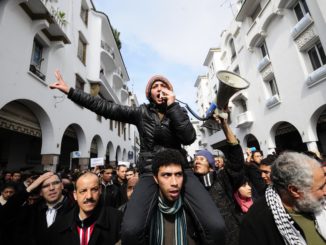
Language Is a ‘War Zone’: A Conversation With Ngũgĩ wa Thiong’o
Source: The Nation
The Kenyan author discusses colonialism and abandoning English to write in his native Kikuyu.
Last year, when the Kenyan writer Ngũgĩ wa Thiong’o entered a packed auditorium at the University of the Witwatersrand in Johannesburg, he immediately received a standing ovation. The audience whistled and hollered, their fists jabbing the air as they cheered: “Ngũgĩ! Ngũgĩ! Ngũgĩ!” More than 50 years after Weep Not, Child, the first novel to be published in English by an East African, he remains a literary superstar and perennial favorite for the Nobel Prize




